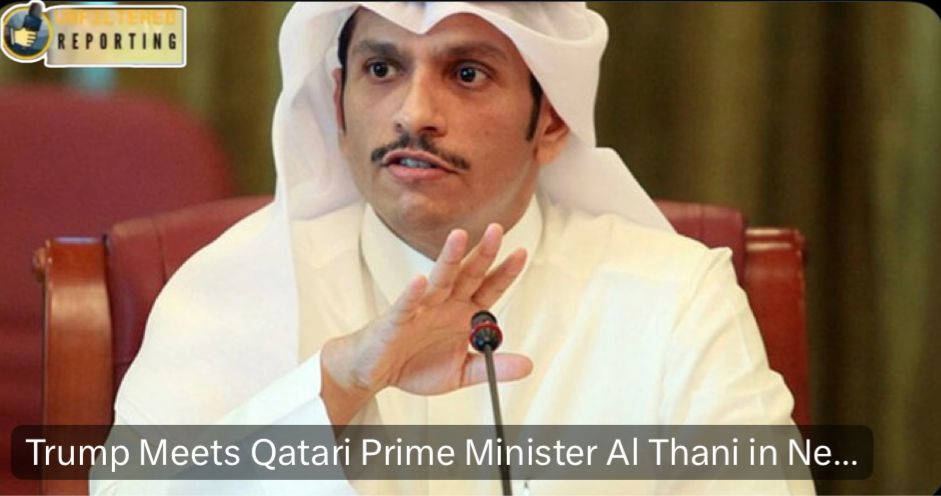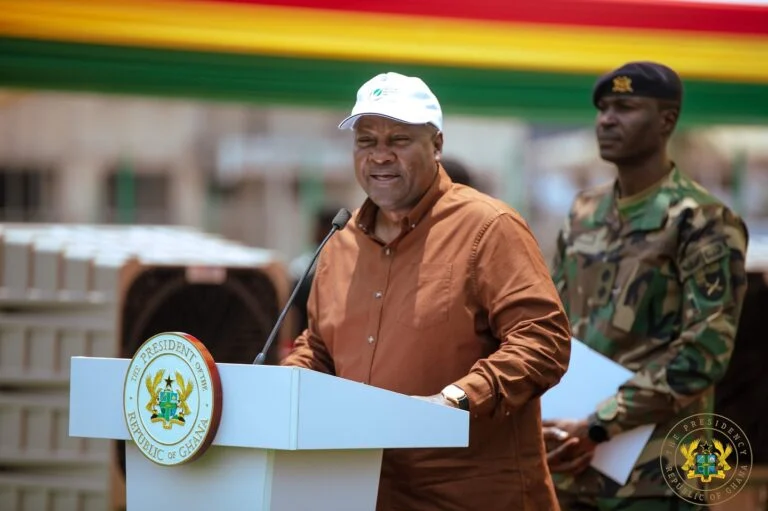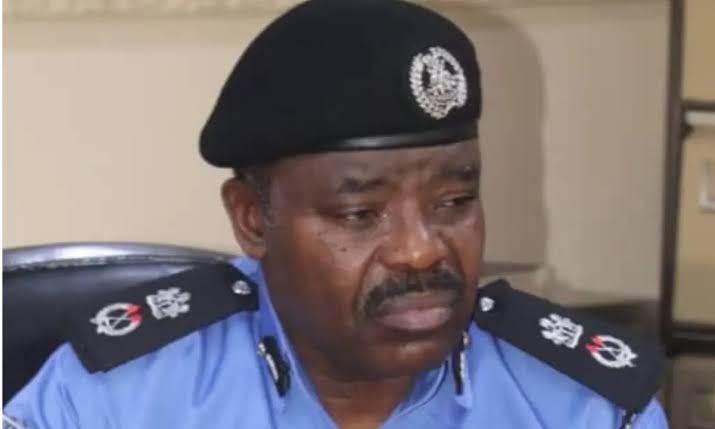United States President, Donald Trump on Friday held a high-level meeting with Qatari Prime Minister, Sheikh Mohammed bin Abdulrahman al-Thani in New York, as diplomatic efforts intensified following Israel’s airstrike in Doha that killed senior Hamas leaders and heightened regional tensions. The meeting, which included a private dinner, came at a time when Qatar’s role as a key mediator in the Gaza conflict is under severe strain, with Doha expressing anger over what it described as an unacceptable violation of its sovereignty. Diplomatic sources revealed that the discussions focused on reviving stalled ceasefire talks, securing the release of hostages, and reinforcing Qatar’s security guarantees amid concerns that the Israeli action had undercut months of negotiations. Sheikh Mohammed reportedly urged Washington to provide concrete assurances that Qatar’s mediation role would be respected and protected, while also warning that Doha might reconsider its involvement if its sovereignty continued to be undermined. The Israeli strike has sparked strong reactions across the Middle East and beyond, with Gulf states, the United Nations, and other international bodies condemning the action and warning that it risks triggering a wider regional conflict involving Lebanon, Syria, Iran, and Yemen. Analysts say Qatar’s mediation is irreplaceable, as it remains one of the few actors able to maintain dialogue with Hamas, and any withdrawal or reduction of its role could cripple ongoing peace efforts. For Trump, who is seeking to reinforce his image as a statesman ahead of the next U.S. election cycle, the meeting highlighted the delicate balance Washington faces. While maintaining support for Israel’s security, he expressed concern that the strike endangered fragile negotiations and risked destabilising regional alliances. Senior aides within his circle privately acknowledged that preserving Qatar’s trust is crucial to keeping diplomatic channels open. Sheikh Mohammed had earlier met with U.S. Secretary of State Marco Rubio in New York, where talks were described as frank and direct, centering on diplomatic protections and commitments to sustain mediation frameworks. U.S. officials stressed the importance of maintaining Gulf cooperation while attempting to avoid a public rupture with Israel. The diplomatic fallout continues to unfold, with the United Nations Security Council expected to hold follow-up discussions and Gulf leaders considering a coordinated regional response. While the Trump-al-Thani meeting has been seen as an attempt to calm tensions and prevent a collapse of peace talks, uncertainty remains, as further unilateral actions could derail diplomacy altogether and draw the region closer to a broader conflict.










